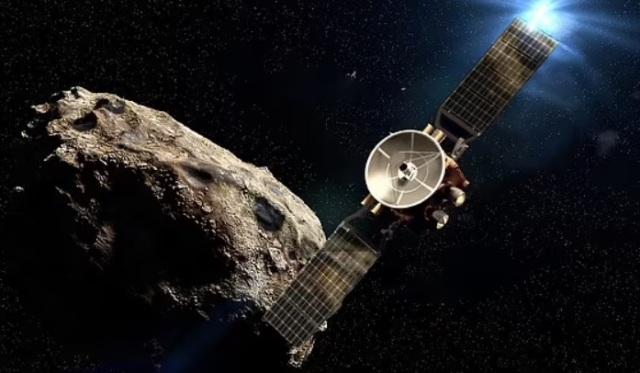The United Arab Emirates has announced the launch of its first asteroid exploration program, under which an interplanetary vehicle will be launched in 2028. In five years, he must fly around Venus and visit seven asteroids of the Main Belt, one of which he will land on, The National News reports.
UAE started its space program not so long ago — the first satellite, DubaiSat-1 went into orbit in 2009, and in 2019, the ISS had arrived first astronaut of the country. In the future, several more satellites were launched into space, and last year an interplanetary program was launched. Last year, the Al Amal station went to Mars, which is now exploring the planet's atmosphere, and the rAshid lunar rover is also being developed, which will go to the Moon in the second half of 2022.
On October 8, 2021, UAE Vice President Mohammed bin Rashid announced the start of work on the project of a new interplanetary vehicle, the purpose of which will be the study of seven asteroids of the Main Belt located between Mars and Jupiter. It is expected that the creation of the station will take seven years, and the Laboratory of Atmospheric and Space Physics at the University of Colorado in Boulder, which previously helped the UAE in the creation of Al Amal, will participate in the process.
The launch of a new interplanetary station into space is scheduled for 2028, it will last five years. Initially, the spacecraft will perform gravitational maneuvers near Venus and Earth, then in 2030 it will visit four asteroids, in 2031 — another one, and in 2032 — two more, and the last asteroid should be the final point for the spacecraft that will try to land on its surface. The scientific data obtained during the operation of the device will help scientists learn more about the formation of the Solar system.
In mid-October, a new NASA spacecraft will go into space to study the Trojan asteroids of Jupiter - "Lucy". It is assumed that the automatic interplanetary station will visit six objects.
Alexander Voityuk

